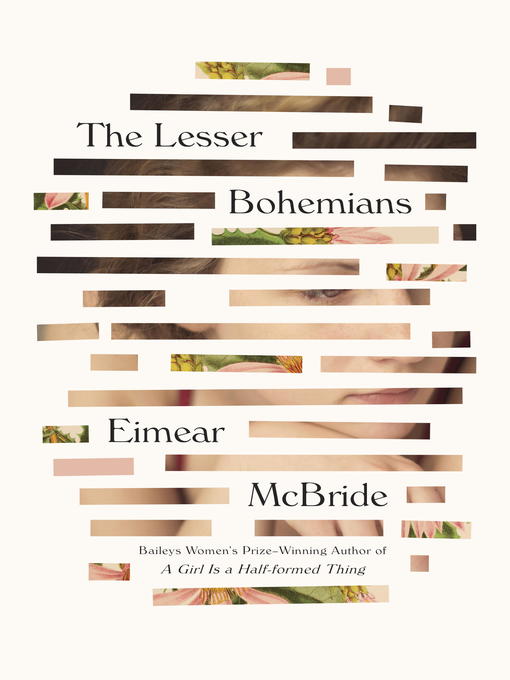

Facility / Grounds Management and Maintenance.

The rewards for adopting a slower pace are linguistic joys and surprises on every page. On the narrator’s fellow drama students: “Laughing and smoking they verve from the start.” On how she stretches the truth to make herself seem more worldly: “I chuck forth an embroider and love my shape in its light.” If you rush McBride’s sentences, you’ll trip, especially when she is recounting conversational exchange: there are no quotation marks, and working out who says what can be tricky. Here’s to be for its life is the bite and would be start of mine.” McBride’s unformatted language is full of compressions and inversions, nouns made into verbs and well-worn phrases torn apart. Here is its beginning, when the narrator – again a young Irish girl – arrives for the first time in London to audition for drama school: “I move. McBride’s second novel, The Lesser Bohemians, also searches for that moment. balancing on the moment just before language becomes formatted thought”. In an interview she gave in 2014, McBride said she wanted to “tell a story from a point so far back in the mind that it is completely experiential. All of this is narrated in a stream-of-consciousness style that is nothing like a stream: shattered, truncated and replete with full stops. The brother’s brain tumour returns, this time fatally. In self-destructive revenge, she has sex with the boys who mock her brother and then, when she moves away for college, with countless faceless men. Its unnamed narrator is a girl whose brother had a brain tumour as a young child, whose mother is cruel and fanatically religious, and whose uncle sexually abuses her throughout her teenage years. Fame followed: rapture in the national newspapers and a mantelpiece of awards, from the inaugural Goldsmiths Prize, which celebrates innovative fiction, to the Baileys Women’s Prize for Fiction.Ī Girl Is a Half-Formed Thing, set in Ireland, is hard going both for its subject and for its style. It received a couple of dazzled reviews in literary magazines: Adam Mars-Jones in the London Review of Books compared McBride to Joyce and Beckett and looked forward to the day when “this little book is famous”. In 2013 the novel became one of the first books published by the tiny independent house Galley Beggar Press, after nine years of rejection letters. Among the most heartening publishing stories of the past few years is the trajectory of Eimear McBride’s A Girl Is a Half-Formed Thing.


 0 kommentar(er)
0 kommentar(er)
